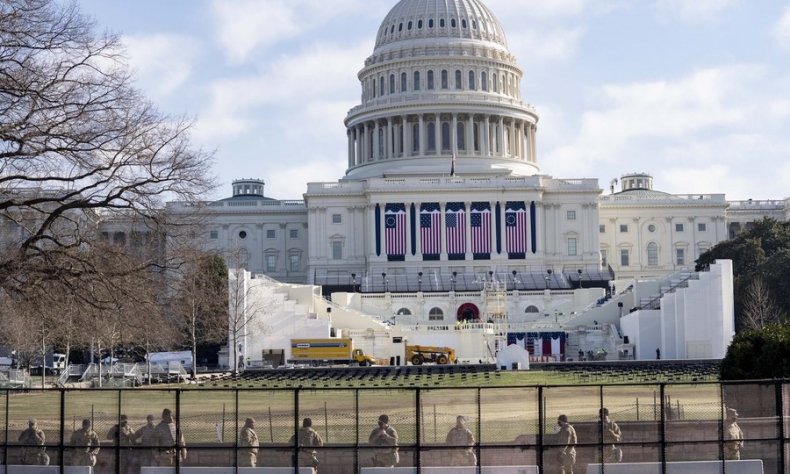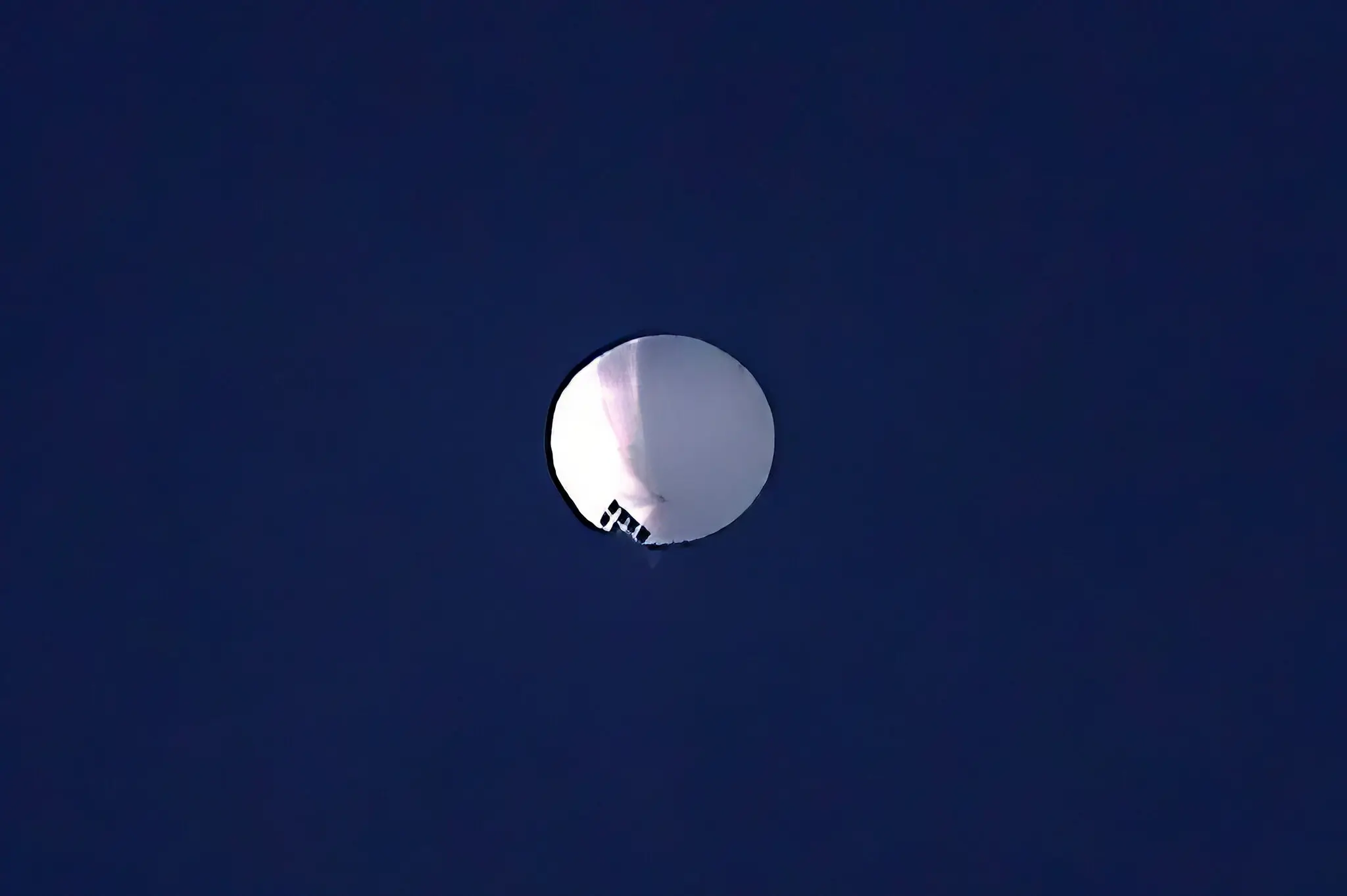How a Wandering Balloon Caused an Anxiety Attack

Indeed, as a champion of planet Earth, the U.S. should perhaps be a little more concerned about the future of humanity, rather than letting unintentional incidents balloon.
Anthony Blinken’s first trip to China as U.S. secretary of state should have made headlines during the first weekend of February. But a stray balloon made him reportedly postpone the high-stakes diplomatic trip, casting yet another dark shadow over the relationship between the world’s two largest economies.
The “balloon episode” can be summed up as follows: A Chinese high-altitude balloon was first detected near the Aleutian Islands on January 28, but it wasn’t until February 1, when it traversed Canada and re-entered U.S. airspace, that it attracted a great deal of public attention and was seen as a violation of U.S. sovereignty. The Republicans in opposition also took the opportunity to launch a political attack on the ruling Democratic administration, demanding President Joe Biden show a tough stance toward China. Eventually, the balloon was shot down off the coast of South Carolina by an F-22 fighter jet on February 4.
China repeatedly stated this balloon was a civilian airship mainly used for meteorological research. Affected by the westerlies and with limited self-steering capability, the airship had deviated far from its planned course and unintentionally drifted into American airspace, the Ministry of Foreign Affairs said. Yet very few Americans seemed willing to believe China’s explanation, even if it did sound reasonable: At such a sensitive time in China-U.S. relationship, China does not need to employ a “surveillance balloon” that is so easily detected–and rather impractical.
Now imagine the balloon belonged to the United Kingdom, Japan, or any other American ally, presumably, the U.S. simply wouldn’t care so much.
It was precisely because the balloon came from China, a country the U.S. considers a long-term strategic competitor, that it triggered a diplomatic maelstrom and blew up all over the news. Whether it flies into American airspace intentionally or unintentionally, the U.S. will regard it as a major security threat.

This brings us to what might be the root cause of the current low ebb in the Sino-American relationship: The U.S. might have suffered from hegemonic anxiety and subsequently viewed any action by China as potentially undermining its own power.
The “balloon episode” is not an isolated case; there are many more “anxiety-inducing” examples. Not too long ago, a corn processing plant in Grand Forks, North Dakota, was considered a major threat to U.S. national security after receiving investment from a Chinese company, because the plant was about 24 km away from a U.S. Air Force base. Chinese telecommunication companies participating in the construction of 5G infrastructure in the U.S. are suspected of stealing the personal information of their American subscribers; Chinese scientists and students going to the U.S. for exchange and study purposes are suspected of stealing advanced technologies; even the super popular TikTok app, originally developed by Chinese tech titan ByteDance, has been branded an electronic substance that poisons the American youth and collects too many of its users’ data. These ideas which sound absurd to the Chinese nevertheless prevail among their American peers.
As two runaway Chinese balloons floated across the skies of North America and Latin America in early February, with the second one’s accidental entry into the regional airspace confirmed by China’s Ministry of Foreign Affairs on February 6, cinemas in China were screening a sci-fi film called The Wandering Earth II, which, along with its 2019 precursor The Wandering Earth, tells the story of a near future where the Sun is rapidly burning out and the world has to come together to escape from the solar system, taking planet Earth with them, and find a new home for humanity.
And so, with the drifting vessel trending on Chinese social media, one of the most popular memes dubbed it “The Wandering Balloon”–a play on the movie, with netizens turning photos of the white orb into movie posters.
Indeed, as a champion of planet Earth, the U.S. should perhaps be a little more concerned about the future of humanity, rather than letting unintentional incidents balloon.
 Facebook
Facebook
 Twitter
Twitter
 Linkedin
Linkedin
 Google +
Google +










